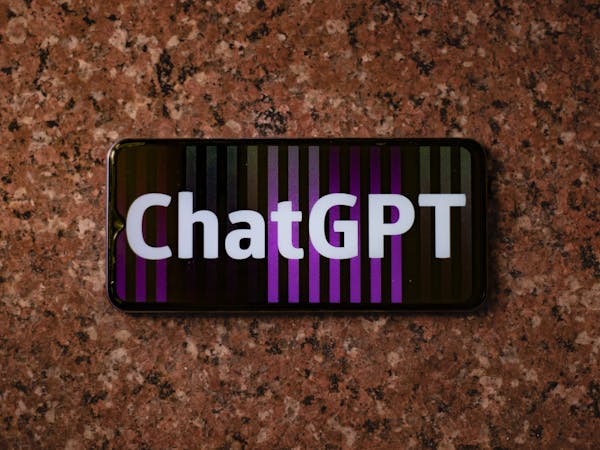Should You Rely on ChatGPT for Therapy? Here’s What Experts Say
With the rise of AI, ChatGPT and other AI chatbots are becoming increasingly popular for everything from answering questions to offering emotional support. But can AI truly replace a licensed therapist? This is a question many people are asking, especially with the accessibility and convenience of tools like ChatGPT. Here’s what mental health professionals have to say about using AI for therapy.
The Appeal of AI for Therapy
AI tools like ChatGPT are always available, easy to use, and free in many cases. For people seeking immediate support or those uncomfortable with traditional therapy settings, AI can seem like a quick and accessible option. Chatbots can provide thoughtful responses, active listening, and even some psychological insights based on their programming. This makes them attractive to people looking for help with stress, anxiety, or even relationship issues.
However, while ChatGPT can simulate conversations that feel supportive, experts caution that it lacks the depth and nuance of human empathy.
What Experts Say About AI Therapy
Mental health professionals agree that while ChatGPT can provide basic support, it is not a replacement for therapy. Here are some key points to consider:
- Lack of Personalization
Therapists work with clients over time, building trust and understanding their unique circumstances. AI lacks the ability to form real relationships or understand deep personal histories. ChatGPT relies on patterns in data and doesn’t provide personalized care tailored to individual needs. - No Professional Oversight
Licensed therapists are trained to assess and diagnose mental health conditions, monitor progress, and adjust treatment approaches. AI chatbots don’t have the ability to recognize warning signs of severe conditions like depression, anxiety disorders, or suicidal thoughts. They may offer general advice but can’t replace the careful, individualized care a human therapist provides. - Ethical and Privacy Concerns
Therapy requires confidentiality and ethical standards. While ChatGPT may maintain privacy to some extent, it can’t guarantee the same level of confidentiality that comes with professional therapy. Users should be cautious about sharing sensitive information with an AI, as data privacy is a growing concern in the digital world. - Support vs. Therapy
Experts emphasize that AI can be a helpful supplement to mental health care, but it should not be viewed as a stand-alone solution. ChatGPT might assist with everyday challenges, offer motivation, or provide coping tips, but it cannot replace evidence-based therapies like cognitive-behavioral therapy (CBT) or psychotherapy.
When AI Can Be Useful
AI tools can play a helpful role in mental health by offering immediate, low-stakes support. For instance:
- Emotional Check-Ins: ChatGPT can help users identify and label emotions or offer relaxation tips during moments of stress.
- Information and Resources: AI can provide information on mental health conditions, recommend self-help strategies, or even guide users to professional resources.
- Daily Support: For people managing mild anxiety or stress, AI can offer reminders to practice mindfulness or stick to healthy habits.
However, for anyone dealing with significant mental health challenges, experts strongly recommend consulting with a licensed professional.
Conclusion: A Helpful Tool, But Not a Therapist
While ChatGPT and similar tools have the potential to offer support, they should not be relied upon as a substitute for professional therapy. AI may offer temporary relief, but it lacks the human connection, expertise, and ethical standards that are essential in effective mental health treatment.
If you are experiencing emotional distress or seeking long-term mental health care, a licensed therapist will always be the safest and most effective option. AI can be an additional resource, but it’s not a replacement for genuine therapeutic relationships.
If you’re unsure where to start, consider using AI to find information, but turn to a mental health professional for the personalized, in-depth care you deserve.

